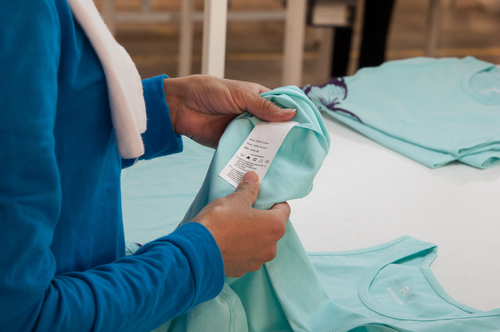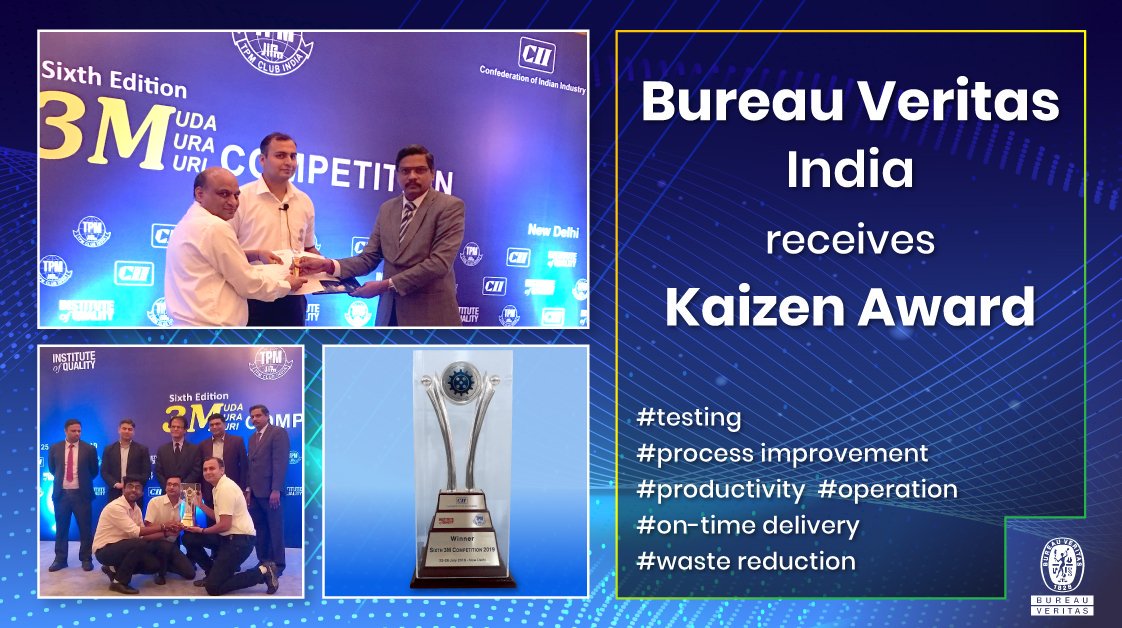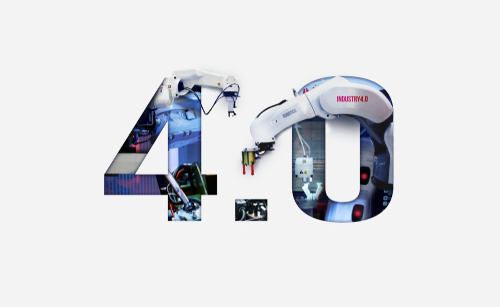Here are ten common failure points for winter-holiday products.
Overstocking
Poor demand forecasting and failing to coordinate effectively with your suppliers can lead to excess inventory. For instance, the last few winters in Hong Kong have been warmer than average, forcing down-filled jacket producers to sell their goods at heavy discounts.
Third Party Inspectors (TPIs) can be enlisted to conduct audits that check the amounts and conditions of materials held depending on services offered by the chosen QC agency. TPIs can also provide advice on best practices that help release extra value through your warehousing system.
Understocking
Much like overstocking, understocking can also hurt your bottom line. Not only will you lose out on business in the short-term, but your consumers could also lose confidence in your brand and flock to competitors.
Poor demand forecasting, delayed delivery, and defective goods resulting from inadequate inspection and auditing measures can all lead to understocked warehouses.
Incorrect Labeling on Packages
During the inspection process, incorrect marking and labeling is one of the most commonly identified non-conformances in hardline, softline, and electrical products.
A quick Google search will reveal the countless number of times packaging has been mislabeled. From the incorrect color being indicated to the incorrect quantity, these simple yet common errors can erode consumer confidence in your otherwise great product and your company.
For example, many years ago, a retailer gained online fame for selling “bell-shaped bells” during the Christmas season. While this minor defect did not alter the function or performance of the product, it did affect its aesthetic feel as well as the retailer’s brand image.
Product that is not fit for Purpose
Perhaps the scariest nightmare for any company is a product that is so defective that it does not sell at all. A chain of gift stores once had to recall its Christmas-themed gift-wrap over one such defect. The plan was to have an image of Father Christmas checkered across the wrapping paper along with the phrase “Ho Ho Ho.”
Unfortunately, a miscommunication with their supplier combined with inadequate product inspections led to the phrase “Oh Oh Oh” being plastered all over their product.
Major defects such as this are common when Pre-Shipment Inspections (PSIs) are the only inspection carried out. A PSI is carried out when 100% of units are produced and around 80% are packed. At this stage, it is usually too late to take corrective measures.
This is why TPIs are enlisted to carry out Initial Product Checks (IPIs) and During Production Checks (DUPROs). Inspections carried out earlier in the production process help identify defects early enough to streamline production, reduce recalls, and protect both the company’s bottom line and its brand image
A Handful of Suppliers
In a crowded, competitive marketplace, you need to be proactive in securing your supplier of choice before they run out of parts and raw materials. Failing to do so may force you to consider more expensive or inferior substitutes.
Choosing a new supplier can also be a big step. If the raw materials and parts they provide do not meet quality specifications, you will essentially begin your production cycle on the wrong foot.
A TPI can conduct a Raw Material Incoming check (if the service is offered) that would ensure that your raw materials, parts, and components are up to standard.
Child Safety Issues
If your product is unsafe, it has to be recalled, which is both costly and bad for your reputation. This is especially true for goods marketed to children. For example, a manufacturer of alphabet-shaped chocolates in the UK had to recall its product after discovering it contained pieces of plastic that posed a choking hazard.
Once again, this critical defect could have been picked up if inspections were carried out earlier in the production process. A raw materials incoming check specific to food production processes could have picked up issues with a supplier. IPI and DUPRO could have detected if the contaminants were introduced during the manufacturing process. However, not all TPIs provide food-related inspection services.
General Public Safety
Inadequate testing and relying on nothing more than a PSI can endanger general public safety, not just child safety.
A few years ago, a large chain of gift shops had to recall their Christmas-themed snow globes as they posed a fire hazard. When exposed to sunlight, the large body of the snow globe acted as a magnifying glass, reflecting rays of sunshine onto combustible materials inside homes.
Weak Packaging
How often have you been put off by a product with a dent or blemish in its packaging? Not all consumers are picky about these issues, but it can be a real deal-breaker in the case of high-end goods. Artisanal cooking oils, for example, may struggle to command a high price-point if they come in weak packaging.
Thorough testing of your packaging combined with a raw material incoming check can ensure that your packaging complements both your product and your brand.
Regulatory Compliance Issues
You’ve done all the hard work and your product is ready to go. Perhaps you’re excited to expand into international markets. However, if your products do not comply with the latest laws, standards, and regulations, you may have nothing to show for all your hard work. Frequently shifting standards can make compliance all the more complicated.
Even the most thorough inspection protocol can prove futile unless it is carried out with expert knowledge of shifting standards. This is especially true for those who deal in multiple international markets.
Ensuring that your goods are compliant and that they have gone through the necessary tests and inspections can be a confusing and painstaking process. With its inspection InSpec by BV is perfectly positioned to help ensure that you don’t fall into production bear traps.








